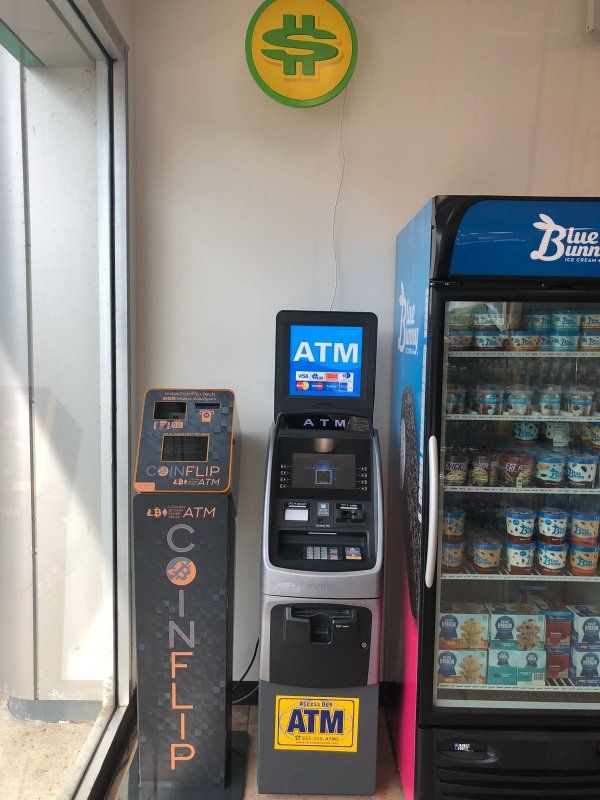

In system having exponential dependence to initial conditions, evolution from two "infinitely" close initial states will diverge, and you have a prediction horizon. "Deterministic chaos" is one of the wonderful oxymorons modern science can produce. I guess the subject here is chaos, which arises even in classical mechanics, with a very nicely define classical Hamiltonian. In other words, your teacher was talking about inability to predict the outcome based on lack of sufficient information of the system, not because of any underlying quantum mechanical probabilities. Therefore, you are correct in saying that if we could exactly reproduce the initial conditions of the entire system, then we would most certainly expect the same outcome each time. Quantum effects likely play no significant role in any of this. However, on the spatial and temporal scales a coin toss resides on, it is safe to say we are in the classical mechanics regime. to accurately predict the result of a coin toss.


Your teacher was most likely making a comment about how it is nearly impossible to know all of the relevant initial conditions, system parameters, etc. Your teacher was most likely not talking about this from a QM perspective of how experiments have probabilistic outcomes due to the inherent nature of QM (as we currently understand it). Today, in my physics class my teacher was talking about how we can never predict the outcome of a coin flip


 0 kommentar(er)
0 kommentar(er)
